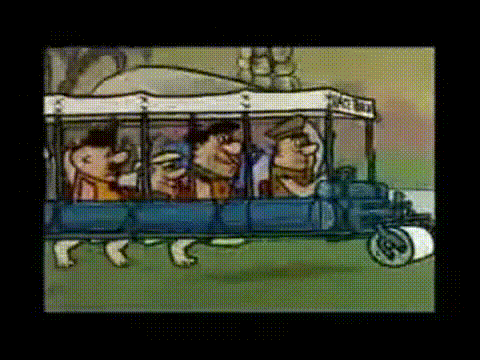Here's what I wrote, and you took me to issue:
I was very careful not to espouse jumping in, but the technology has come leaps and bounds in just years. Being an electronic tech, I've been following energy density and supercapacitor development for a number of years. And even *I* was skeptical of many claims. (And some remain manic). But things are moving fast on this, and similar for streetcars, which actually lend themselves even more to induction charging and other modern methods that eliminate, at least in part, the need for catenary. This is the modern equivalent (with a high discharge rate system) of a flywheel, which, btw, was close to coming into use on some early UK Routemaster buses until their unfortunate habit of catastrophically delaminating nixed that idea.
Safety surrounding high-density and uncontrolled rate discharge energy storage is still a concern. Witness Li-Ion batteries, but breakthroughs addressing even that are ongoing.
Meantime, here's the sooty writing on the wall:
London to Phase Out Diesel Buses From 2018 to Tackle ‘Toxic’ Air
https://www.bloomberg.com/news/arti...ut-diesel-buses-from-2018-to-tackle-toxic-air





